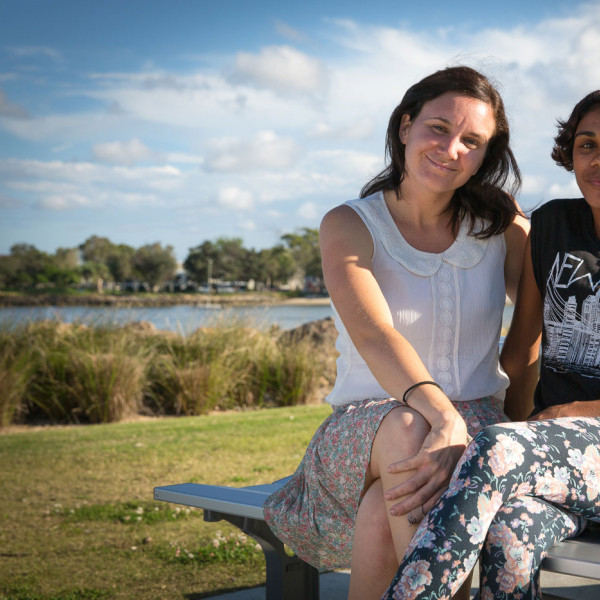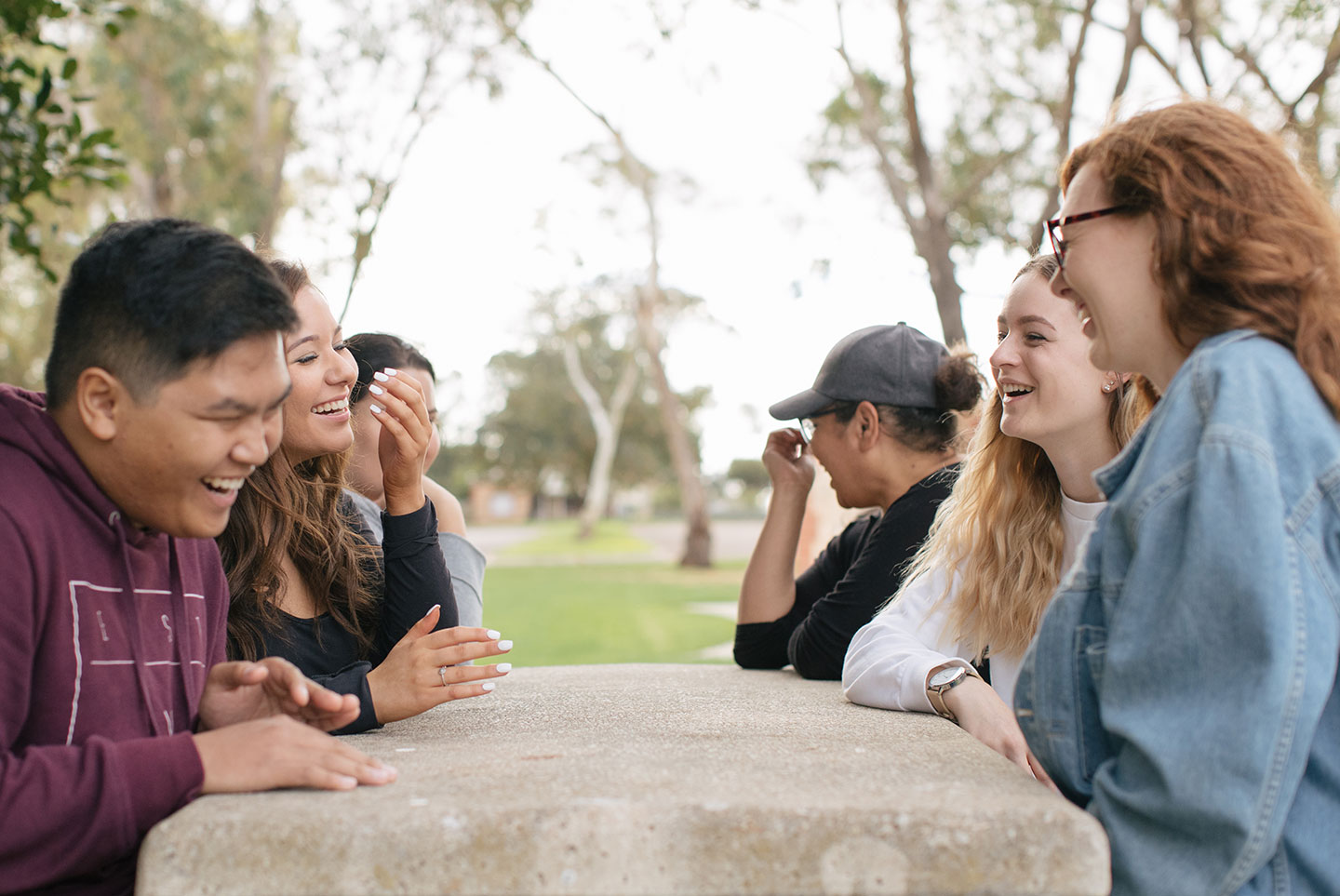70% of church leaders think that, to contribute to reconciliation, the church needs to build intentional relationships with local Indigenous people.
48% of churchgoers agreed that their local church should do more in this area.
Source: Bevis, S., Pepper, M., & Powell, R. (2018). Indigenous and Non-Indigenous Relations in Churches, Occasional Paper 33. NCLS Research: Sydney.
For over two centuries, many stories of the injustice faced by Indigenous Australians have gone unheard.
This has left a wound in the spirit of our nation that needs to be named and addressed.
Closing the Gap is a phrase most Australians are familiar with when it comes to the nation’s/governments approach to the injustice faced by Indigenous Australians. But a recent report on Indigenous and Non-Indigenous Relations in Churches by NCLS Research, based on results from the 2016 National Church Life Survey reveals the church has its own ‘gap’ when it comes to Indigenous relationships.
The Report reveals that while church leaders and churchgoers are eager to see change and want to do things differently, they just don’t know where to begin.
Who was surveyed?
The action gap
Despite their desire to build stronger relationships and take positive steps, the majority of churches don’t understand how they should or could be responding.
Only 9% of churches included a spoken Acknowledgment of Country/Welcome to Country in church services, and 12% did so at other events.
74% of church attendees didn’t know if their church had made an apology for injustices.
Prayer is seen as important (39% of church leaders saw it as one of the most important ways to contribute to the spiritual work of reconciliation) - but 1 in 2 churches had not had a prayer focus on Indigenous ministries and reconciliation in the previous 12 months.
Only 2% of churches were heavily involved in Indigenous-specific ministries, 15% had some involvement and 40% said there's limited or no opportunity in their area for this type of ministry
What churches and attendees can do about reconciliation
Why is there such a significant gap between the hopes of churches, and the reality of their engagement? And what can we do about it?
In our work with numbers of churches across many denominations, the following three actions have been most effective in taking positive steps towards reconciliation in the church:
1. Listen to the stories of Indigenous people: Learn more about our history and how it’s still having an impact today. Our resource, Sharing Our Story, is designed to help the church navigate our place in this story, and understand why there's so much pain and disadvantage amongst Indigenous people.
2. Connect with your local area: Learn about its history, its people and their culture.
3. Be a church that is aware and engaged: Introduce an Acknowledgment of Country , start a prayer ministry focused on this topic, and discuss key points like Australia Day, National Reconciliation Week and NAIDOC throughout the year. The more aware a church is, the more sensitive it is to opportunities to respond, to seek reconciliation and show God’s love in new ways.
How churches are already responding
The good news is that many churches are already on this journey.
“In a nation where Aboriginal and Torres Strait Islander peoples regularly ask for Non-Indigenous citizens to stand with them in policy and cultural issues only 4% of church attendees have engaged in public advocacy” NCLS
There’s work to be done, and we’re here to help.
Australians Together helps church leaders and attendees to understand the shared story of Indigenous and non-Indigenous Australians, and find a meaningful way to respond.
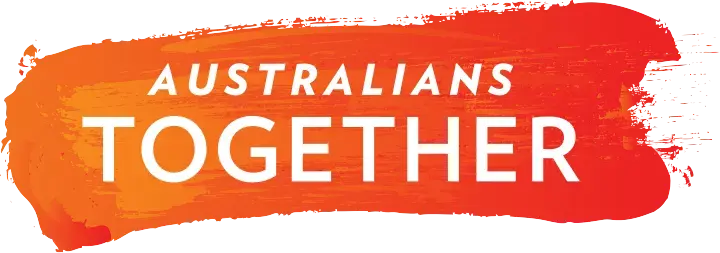
 The Wound
The Wound
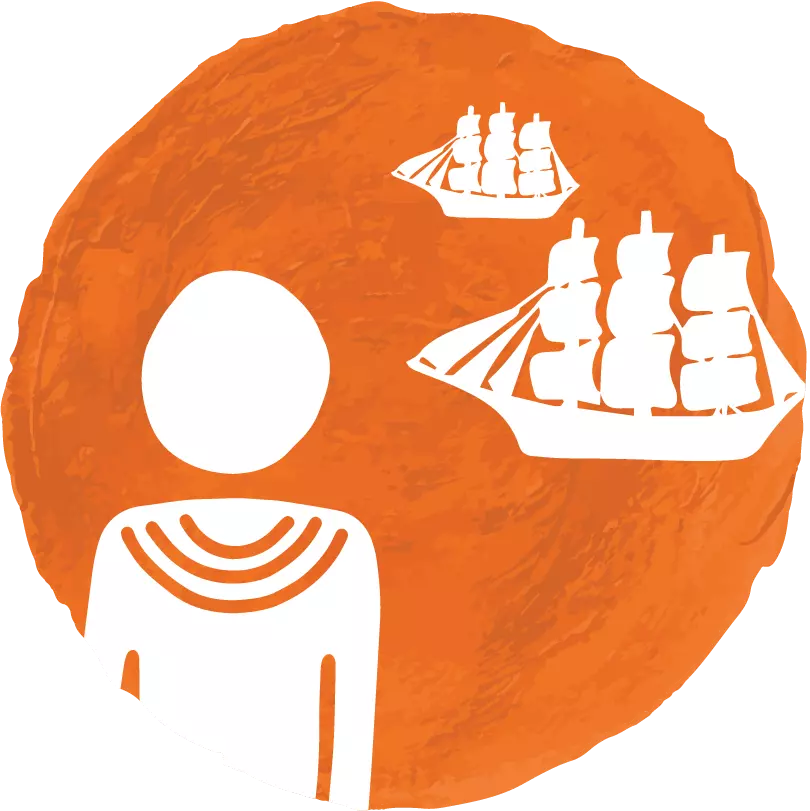 Our History
Our History
 Why Me?
Why Me?
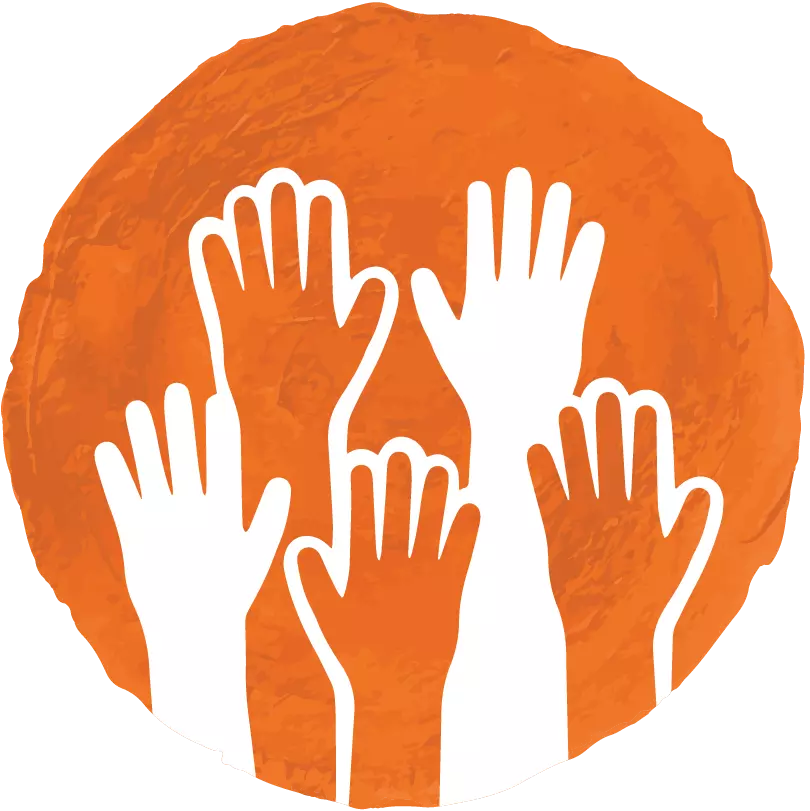 Our Cultures
Our Cultures
 My Response
My Response



